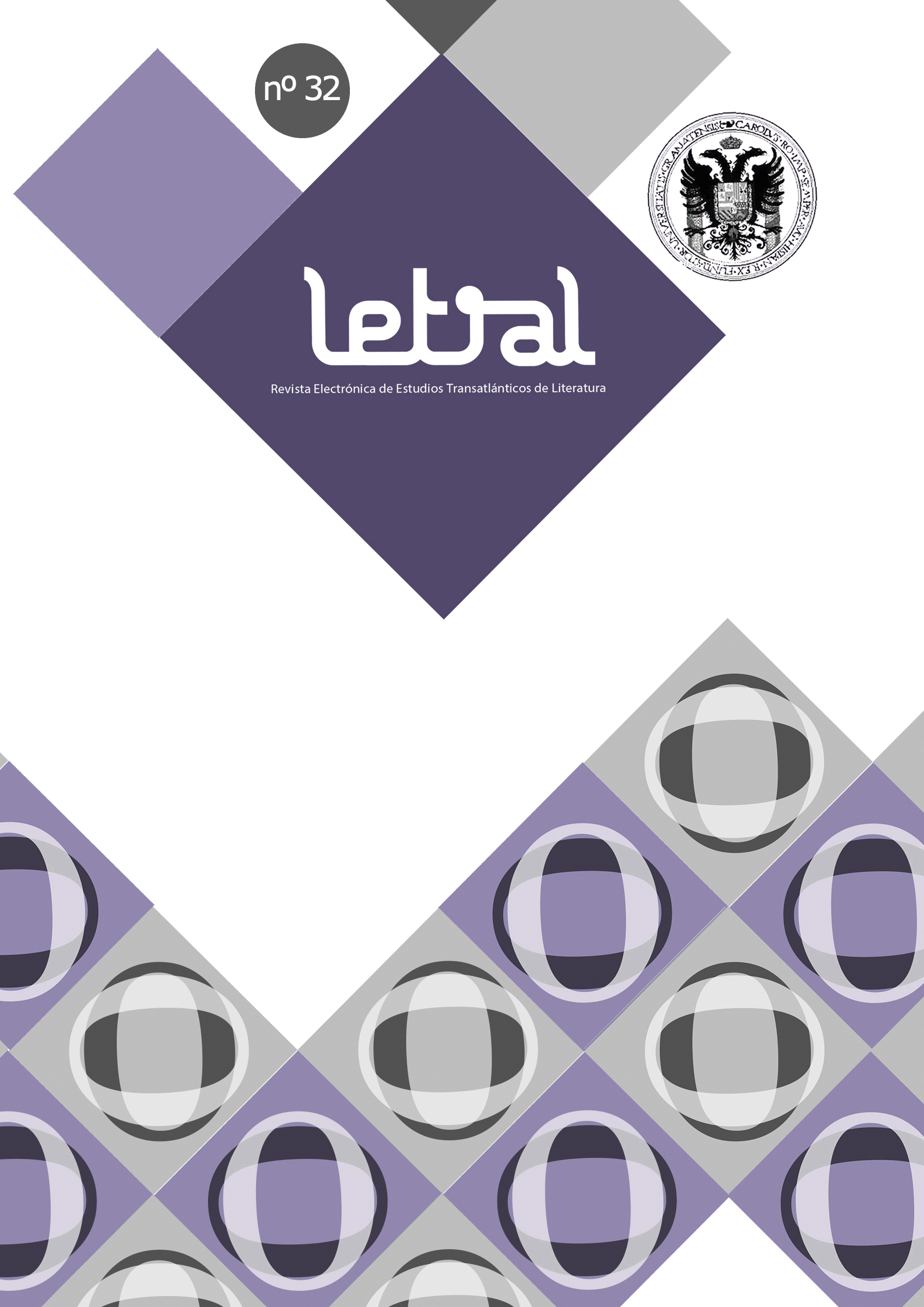Edición y conspiración antirrevolucionaria en Quimantú: el caso de Los documentos secretos de la ITT
DOI:
https://doi.org/10.30827/rl.v0i32.29144Palabras clave:
Edición, Conspiración, Quimantú, ITTResumen
Proponemos entender la publicación de Documentos Secretos de la ITT por parte de la Editora Nacional Quimantú (1971-1973) a partir de una serie de tensiones con el contexto económi-co y comunicacional durante la Unidad Popular en Chile. Si el libro surge como respuesta al escándalo de los documentos que revelan la conspiración de una multinacional para impedir el gobierno de Salvador Allende, nos interesa el rol del libro impreso en un gobierno revolu-cionario al abordar la antirrevolución. Veremos que el libro tensiona categorías tradicionales del mercado del libro y cuestiona su lugar en el proceso político. La ITT aparece como un enemigo en términos económicos y políticos, y también como un actor cultural al que se decide dar voz. Junto con representar la conspiración de una nueva manera, el libro se inscribe en un escenario más propio de una sociedad de la información que de una república de las letras.
Descargas
Citas
No sé bien qué poner aquí.
Descargas
Publicado
Cómo citar
Número
Sección
Licencia
Derechos de autor 2024 Christian Anwandter, Matías Ayala, Rodrigo Rivero

Esta obra está bajo una licencia internacional Creative Commons Atribución-NoComercial 4.0.
Revista Letral es una publicación de acceso abierto e inmediato totalmente gratuita, tanto para quien lee como para quien publica. Los autores y las autoras no pagan ningún tipo de tasa por el proceso editorial de sus artículos. Permitimos la lectura, descarga, copia, distribución, impresión, búsqueda, enlace o reutilización con fines no comerciales de todos los trabajos publicados, siempre que se citen la autoría, la revista y el órgano editor. Recomendamos encarecidamente la difusión de los artículos en redes sociales (Facebook, Twitter, LinkedIn, etc.) y científicas (ResearchGate, Academia.edu, etc.), repositorios institucionales universitarios y otros repositorios públicos, blogs y webs personales o institucionales, Google Scholar, ORCID, ResearchID, ScopusID, etc. En cualquier caso, la propiedad intelectual de los artículos y los posibles derechos económicos derivados de ellos son exclusivamente de sus autores.














